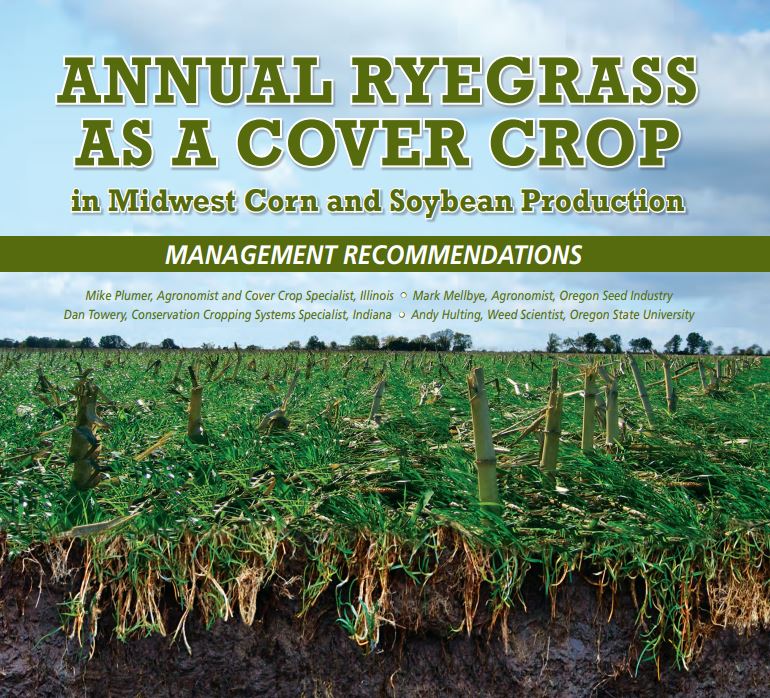It was generally thought that glyphosate was safe for use around humans and animals. Scientists generally agreed that it was not carcinogenic, largely because the molecule is not soluble in fat and thus cannot be stored.
Nonetheless, several juries have awarded tens of millions of dollars in damages to plaintiffs who claimed Roundup caused their cancer (non-Hodgkin lymphoma). They based their case on a World Health Organization (WHO) study.
Other recent studies have found indications that long term exposure to application and use of glyphosate (perhaps in combination with other agents found in Roundup, Touchdown, or other proprietary brands of herbicides) could provide a weak link to a type of leukemia, although another study countered an earlier finding that glyphosate has a weak link to lymphoma (the WHO study.)

At issue, among other things, is whether it is the glyphosate itself, or glyphosate in combination with other active (non-toxic) chemicals that creates toxicity. A recent article in The Scientist magazine sheds considerable light on the subject, although conclusions are still scarce. Vanessa Fitsanakis, an 8th generation farmer herself, as well as a neurotoxicologist at Northeast Ohio Medical University, has met and discussed the matter extensively with scientists who defend the safety of glyphosate. Here’s a quote from the article: “Fitsanakis says that while presenting her work publicly, scientists from Monsanto or Syngenta will occasionally show up and politely challenge her research. ‘The scientists that I have spoken to from Monsanto and Syngenta are very convinced that the glyphosate by itself is nontoxic. I agree with them on that. Where I disagree . . . is that you can have an active ingredient that is nontoxic, but that does not mean that the commercial formulation is also nontoxic.’”
She goes on to say that exposure to glyphosate-based compounds may not cause diseases including cancer or Parkinson’s. But, she added, “They may be one of many risk factors that predispose people to developing sporadic forms of Parkinson’s disease in later life. And when that person with [a] genetic risk factor encounters something in the environment, like a pesticide that inhibits mitochondria, then those things together [can start] a neurodegenerative process.”
The public pressure may eventually mean a switch to other forms of weed control. Here’s an article, from North Carolina State Extension, that lists some other products – not as inexpensive nor always as effective as Roundup – but ones that may be waiting for use if and when Roundup and other glyphosate products become more difficult or illegal to apply.


